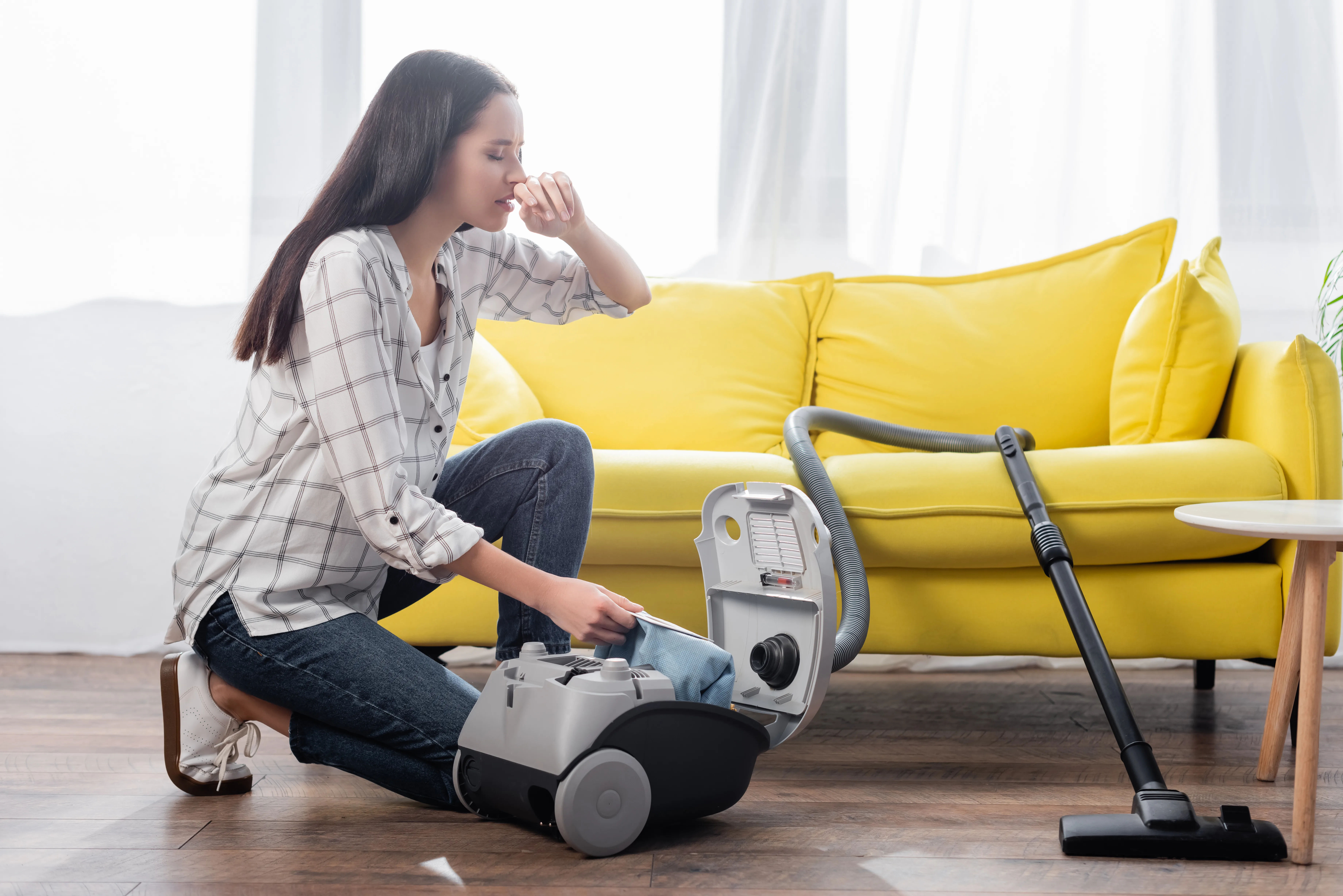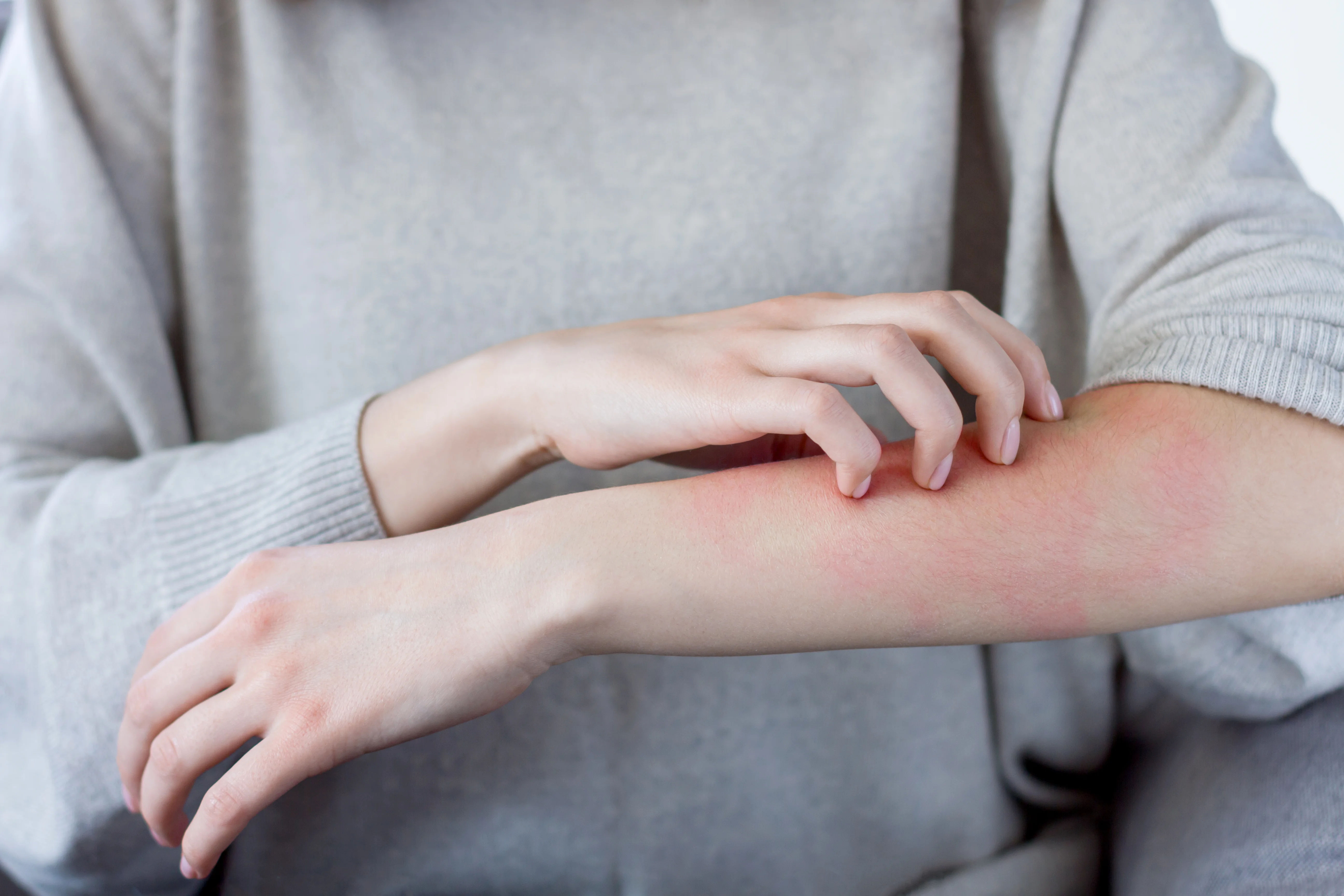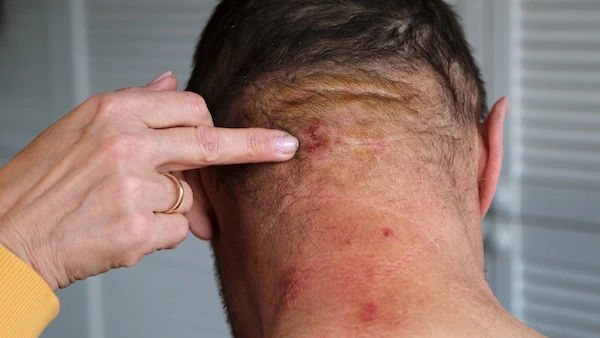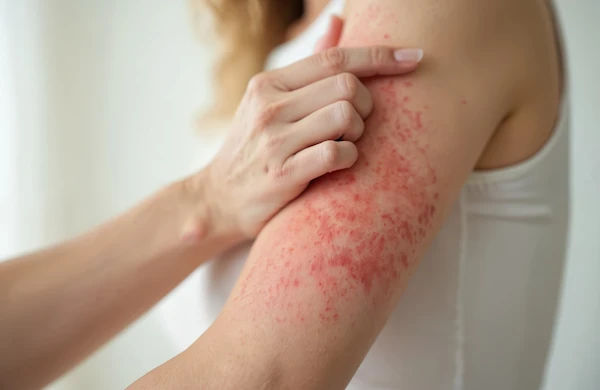Dust Allergy: Can It Be Cured?
Know what dust allergy is, common symptoms, causes, how it affects your health, and what the cure for it and more.


Dust Allergy: Can It Be Cured?
Introduction
If you often sneeze, cough, or feel itchy around dust, you might have a dust allergy. Many people experience discomfort due to dust mites—tiny creatures that thrive in household dust. While dust allergies can be bothersome, the good news is that they can be managed effectively.
In this article, we’ll explore:
What dust allergy?
- Common symptoms
- Causes and triggers
- How does it affect your health?
- Treatment and prevention tips
- Whether a permanent cure exists
What Is a Dust Allergy?
A dust allergy is an immune system reaction to tiny particles found in dust, especially dust mites. These microscopic bugs live in bedding, carpets, and upholstery. When you inhale their waste particles or dead skin, your body mistakes them for harmful invaders and releases chemicals like histamine, leading to allergy symptoms.
Common Symptoms of Dust Allergy
If you have a dust allergy, you may experience:
- Sneezing frequently, especially in dusty areas
- Runny or stuffy nose (allergic rhinitis)
- Itchy, red, or watery eyes (allergic conjunctivitis)
- Coughing or wheezing (may trigger asthma in some people)
- Skin rashes or eczema flare-ups
- Difficulty breathing in severe cases
These symptoms can be worse in the morning or at night when you’re in bed, where dust mites are most active.
Consult a Top immunologist for the best advice
What Causes Dust Allergy?
The main culprits behind dust allergies are:
1.Dust mites – The primary cause, thriving in warm, humid places.
2. Pet dander – Tiny skin flakes from cats, dogs, or other pets.
3. Cockroach droppings – Can trigger allergies in some people.
4. Mold spores – Often found in damp areas like bathrooms.
5. Pollen and outdoor dust – Can mix with indoor dust.
Unlike seasonal allergies (like pollen), dust allergies can happen year-round because dust mites are always present indoors.
How Does Dust Allergy Affect Your Health?
If left untreated, dust allergies can lead to:
- Chronic sinus infections due to constant irritation.
- Asthma flare-ups, making breathing difficult.
- Poor sleep quality from nighttime sneezing or congestion.
- Skin problems like eczema are worsening due to constant itching.
While dust allergies aren’t life-threatening for most people, they can significantly reduce your quality of life.
Can Dust Allergy Be Cured?
Currently, there is no permanent cure for dust allergies. However, with proper management, you can reduce symptoms significantly and live comfortably.
Treatment Options
The treatment options include:
1. Antihistamines (e.g., cetirizine, loratadine) – Block allergy symptoms like sneezing and itching.
2. Nasal corticosteroids (e.g., fluticasone) – Reduce nasal inflammation.
3. Decongestants – Provide short-term relief for a stuffy nose.
4. Allergy shots (Immunotherapy) – Gradually desensitise your immune system to dust mites.
5. Air purifiers & HEPA filters – Help remove dust particles from the air.
Lifestyle & Home Remedies
- Use dust-proof covers for mattresses and pillows.
- Wash bedding weekly in hot water (above 130°F) to kill dust mites.
- Vacuum regularly with a HEPA-filter vacuum cleaner.
- Reduce humidity (below 50%) to prevent dust mite growth.
- Remove carpets if possible, or clean them frequently.
- Keep pets out of the bedroom if pet dander worsens allergies.
When to See a Doctor?
If over-the-counter medications don’t help, or if you experience:
- Severe asthma attacks
- Chronic sinus infections
- Difficulty sleeping due to allergies
You should consult an allergist for specialised treatment, such as immunotherapy.
Final Thoughts
While dust allergies cannot be completely cured, they can be effectively managed with the right precautions and treatments. By keeping your home clean, using allergy-proof bedding, and taking prescribed medications, you can minimise symptoms and breathe easier.
Consult a Top immunologist for the best advice
Consult a Top immunologist for the best advice

Dr G Prathyusha
General Physician/ Internal Medicine Specialist
5 Years • MBBS DNB (Family medicine), CCEBDM (Diabetology), PGDGM (Geriatrics), Primary care Rheumatologist.
Bengaluru
PRESTIGE SHANTHINIKETAN - SOCIETY CLINIC, Bengaluru

Dr. Shruti I
Obstetrician and Gynaecologist
7 Years • MBBS, MS (OBSTETRICS & GYNAECOLOGY)
Bangalore
Apollo Clinic Bellandur, Bangalore

Dr. Jyothi Rajesh
Obstetrician and Gynaecologist
22 Years • MBBS, DGO(DNB)
Bangalore
Apollo Clinic Bellandur, Bangalore

Dr. Bhethala Sharan Prakash
General Physician/ Internal Medicine Specialist
5 Years • MBBS MD
Bengaluru
PRESTIGE SHANTHINIKETAN - SOCIETY CLINIC, Bengaluru
Dr. Naseeha Mohammed S V
Pulmonology Respiratory Medicine Specialist
6 Years • MBBS, MD ,DNB Respiratory Medicine
Bengaluru
Apollo Clinic, Sarjapur Road, Bengaluru



